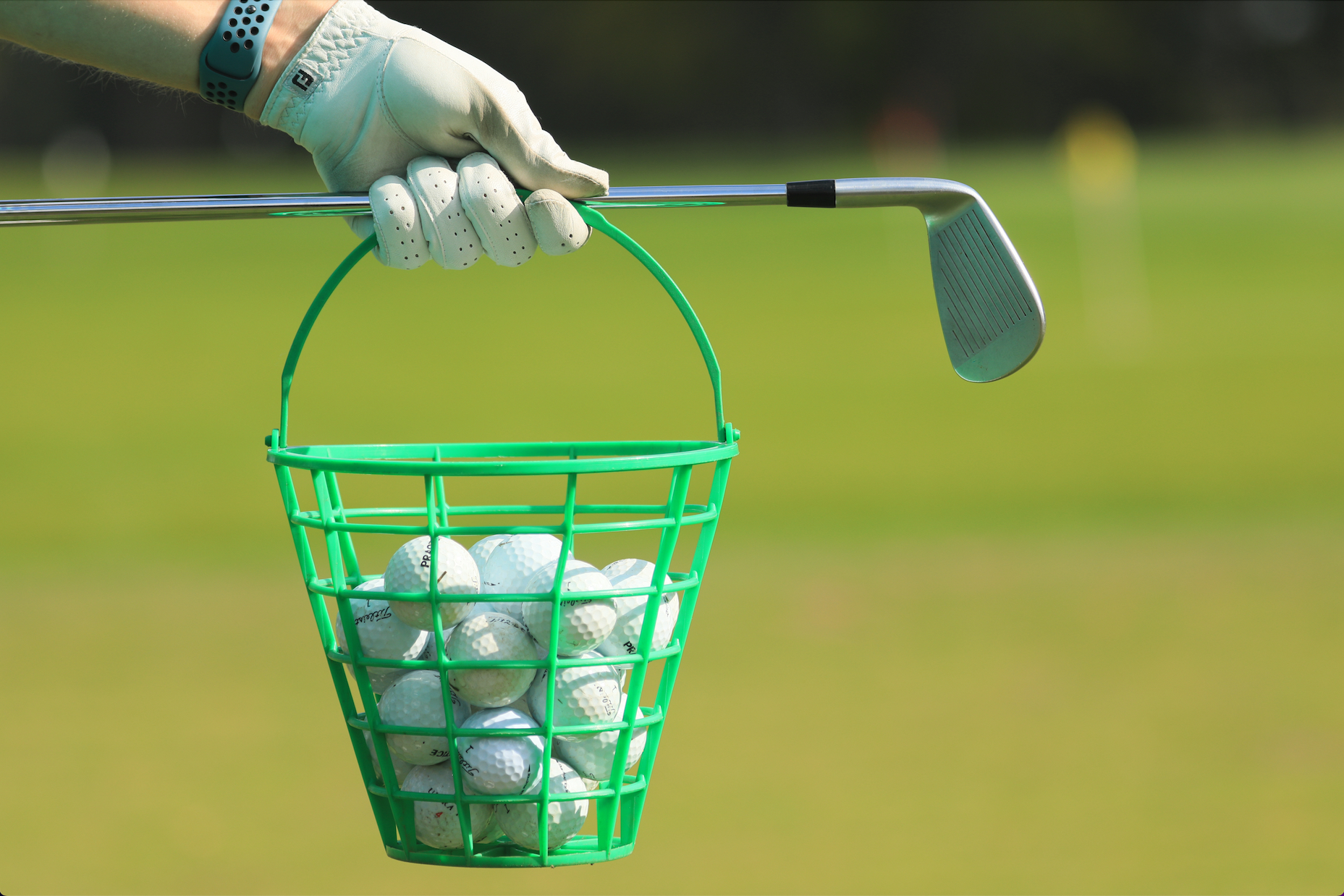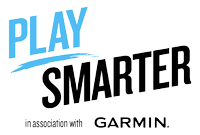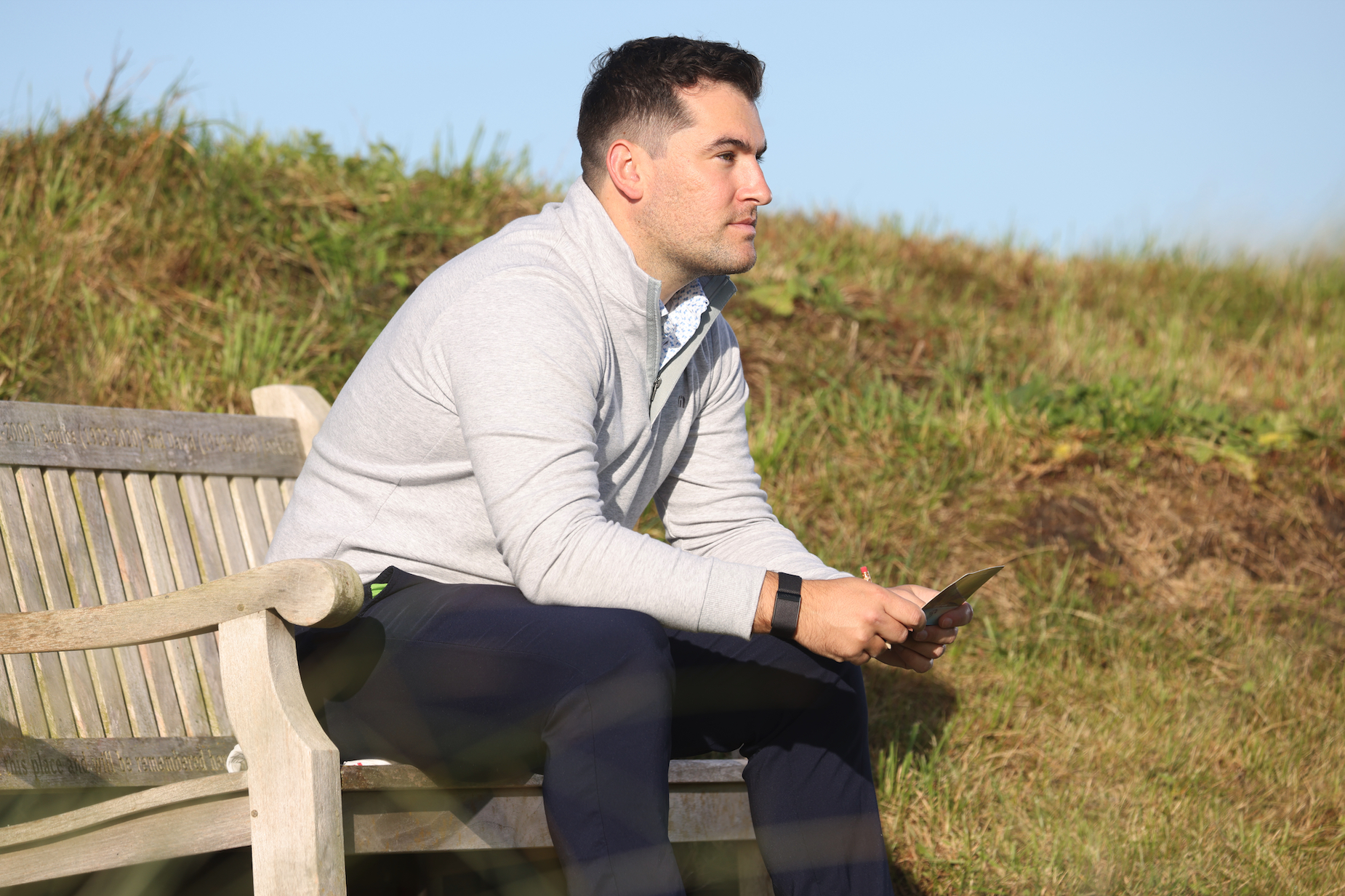Golfing New Year’s Resolutions... How To Commit Both On And Off The Course!
Golfing New Year's resolutions advice from our mental game coach Gareth Shaw



Subscribe to the Golf Monthly newsletter to stay up to date with all the latest tour news, equipment news, reviews, head-to-heads and buyer’s guides from our team of experienced experts.
You are now subscribed
Your newsletter sign-up was successful
Want to add more newsletters?

Delivered daily
Daily Newsletter
Sign up for all the latest tour news, gear reviews, head-to-heads and buyer’s guides plus features, tips from our top 50 coaches and rules advice from our expert team.

Once a week
Kick Point
Sign up to our free Kick Point newsletter, filled with the latest gear reviews and expert advice as well as the best deals we spot each week.

Once a week
Women's Golf Edit
Sign up to our free newsletter, filled with news, features, tips and best buys surrounding the world of women’s golf. If you’re a female golfer, you won’t want to miss out!
As January 1st approaches, so does the tradition of making New Year's resolutions. Year after year, we encounter the familiar goals of eating better, getting fit, saving money, and drinking more water, yet the reality is that only a few manage to see them through. This recurring pattern has even earned a term: broken resolutions.
The most common golfing New Year's resolutions are: to play more, take a golf lesson, and plan a golf trip, how many of us have made these resolutions but kept to them?
The key to committing to a New Year's resolution is having a process and structure. That's where knowing the SMART acronym comes in helpful: Specific, Measurable, Attainable, Relevant and Time-dependent.

Setting SMART goals will create a framework for a productive resolution
An example of a specific goal is breaking a certain score for the first time or averaging less than a certain number of putts in competitive rounds. These both provide you with a number to beat which helps with focus, accountability and motivation.
Making a goal attainable is the most common area a golfer fails. Golfers often set unattainable goals perhaps comparing their stats to a PGA Tour player or establishing a target that will require an unrealistic investment in time. Conversely, the golfer could make the goal too easy to achieve so completing it with ease and with no challenge. This is why statistics and scoring-monitoring are beneficial to setting a stretching but attainable goal.
The next thing to consider is the relevance of the goal. For example, “I would like to increase my swing speed by 5mph in 6 months time.” You need to consider the impact of this goal on your overall game and how this potentially could impact your swing and your scoring. In short, will powering up your golf swing lead you to shooting better scores? It might well do but it is worth careful consideration before you commit.
Next, it is important to make it as personal as possible. Personal goals motivate us to achieve our potential. They push us to become better versions of ourselves and accomplish things we never thought possible. They can be anything from committing to my pre-shot routine on each shot or improving my putting performance by three strokes per round. These goals are intended to hold you accountable and keep you motivated to surpass these objectives.
Subscribe to the Golf Monthly newsletter to stay up to date with all the latest tour news, equipment news, reviews, head-to-heads and buyer’s guides from our team of experienced experts.
The final piece in your New Year’s resolution jigsaw is attaching a timeframe to your goal. Time-specific goals will help you to evaluate your progress.
Attaining any goal demands a considerable amount of effort and commitment. There will be days when your motivation is lacking. Nevertheless, unlocking your full potential requires finding ways to sustain motivation. Here are a few golfing New Year's resolutions tips that might prove helpful:
- Frame your goal as a positive influence on your life rather than a burdensome task. For instance, if you aim to increase your swing speed through physical training, focus on the prospect of becoming healthier and happier upon reaching your target because of the overall health benefits you will gain.
- Acknowledge that progress is rarely a straight line. Anticipate ups and downs along the way, understanding that perseverance will eventually lead to your desired destination.
- Don't hesitate to seek assistance and guidance from others. Mentors, PGA Professionals, or friends and family who can offer valuable insights to elevate your performance to the next level.
- Develop trust in the process. Recognise that every setback is a stride toward success; embrace failures as opportunities to learn and grow.
So, when you sit down after the festive celebration and plan your New Year think and act SMART before you put pen to paper. It could make all the difference!

Gareth is an Accredited PGA Professional with an MSc in Applied Sports Psychology & BSc in Sport & Exercise Science who specialises in Mental Skills Training. Within this field, he has worked with international athletes and DP World Tour Players. Gareth has also developed a series of golf products (including Mental Markers & Golf Training Diary) and has been published in the Psychology of Sport and Exercise journal with a study exploring 'choking' in Sport. Gareth has worked in the golf industry for over 20 years.